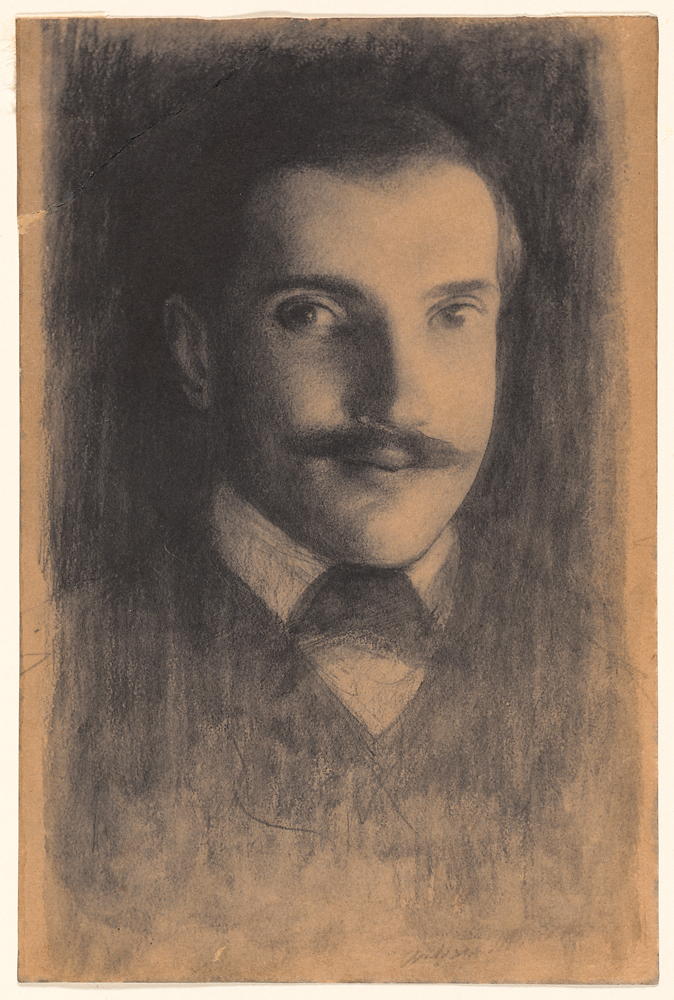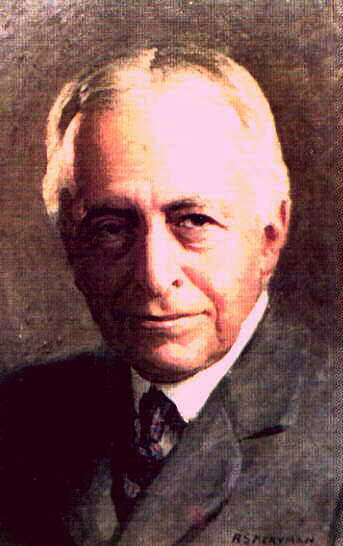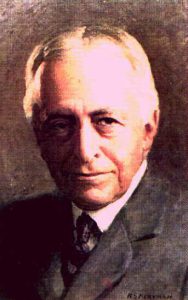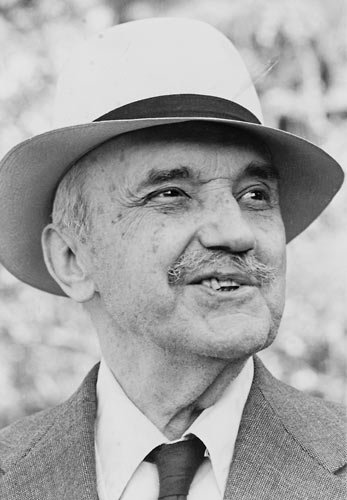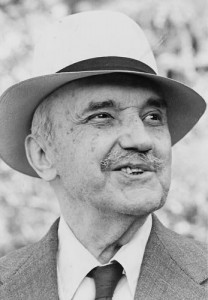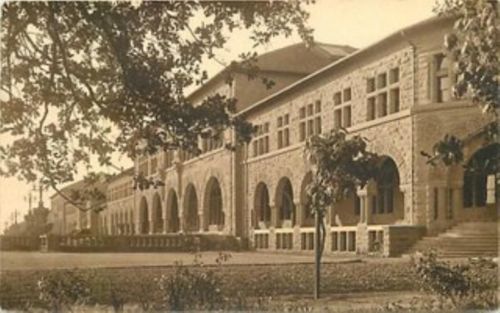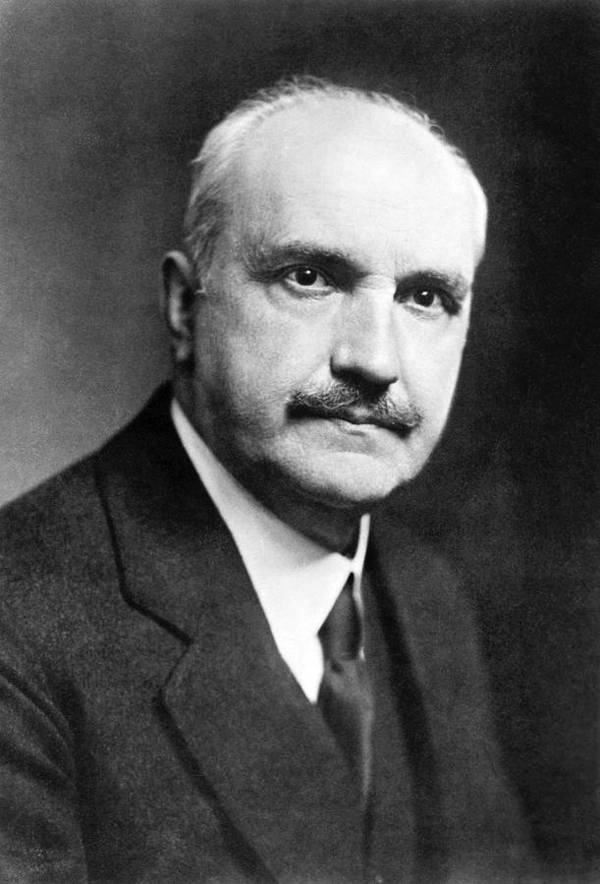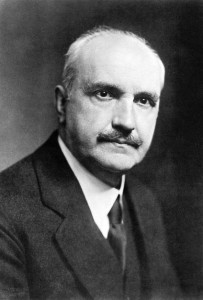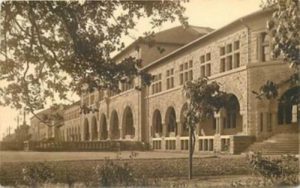 To Susan Sturgis de Sastre
To Susan Sturgis de Sastre
Colonial Club
Cambridge, Massachusetts. December 23, 1910
My impression is that Catholicism in France—as elsewhere—may well gain in intensity what it loses in extension. Ceasing to be a matter of course for everybody, it becomes, for those who adopt it expressly, a personal conviction and affection; also a matter of party, a thing to be defended and propagated with zeal. This, however, is only the compensation for a very real and permanent loss—the loss of a dominant and pervasive influence over society. In a word, the Church is tending to acquire everywhere the sort of relation to the State and to society which it has in non-Catholic countries; and you know very well that this position, while it has its advantages in the way of fostering strictness and zeal among the faithful minority, is not at all the position which the Church claims, and would like to preserve.
My object in writing today is to tell you that I have just accepted an invitation to lecture for six weeks next Summer at the University of California. This invitation comes, probably, in the very latest year when I could have accepted it, and the chance to see the Far West, and what lies between (although I don’t care for it particularly) ought, I suppose, not to be missed. The lectures will be mere shortened versions of those I give here, and will involve no preparation, while the fee ($500) will almost cover my expenses, and I shall save all I should have spent in going to Europe.
From The Letters of George Santayana: Book Two, 1910-1920. Cambridge, MA: The MIT Press, 2001.
Location of manuscript: Alderman Library, University of Virginia at Charlottesville.
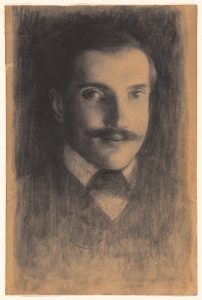 To Edward Joseph Harrington O’Brien
To Edward Joseph Harrington O’Brien
